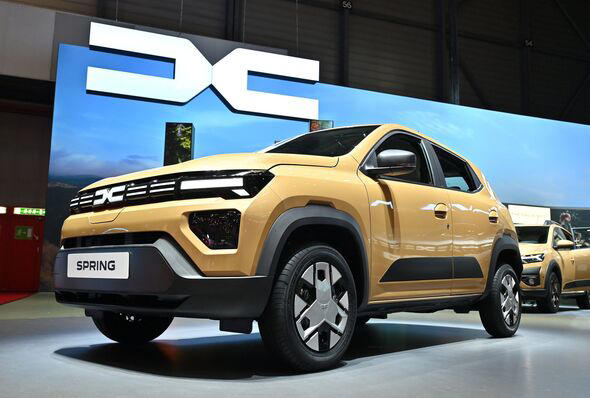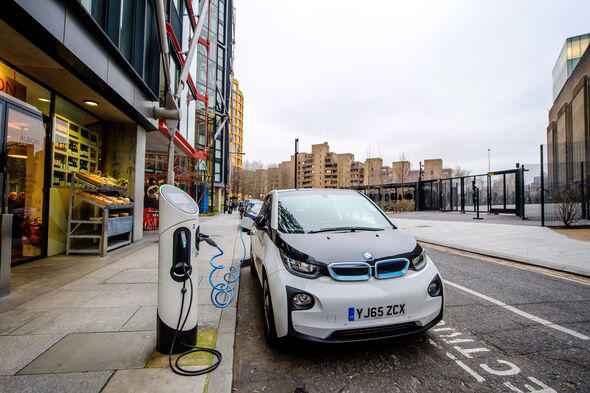The EV leasing company Octopus Electric Vehicles has debunked a number of widespread myths and rumours that could prevent motorists from making the switch from a petrol or diesel alternative.
Despite the UK now having more than a million electric cars on the roads, some drivers are still concerned that EVs may not be practical enough for them.
However, Alvin Castillo, Head of Procurement at Octopus Electric Vehicles, has corrected a number of popular myths, noting that the common belief that EV batteries only last for around five years is inacurrate.
He explained: “There are millions of electric cars already on the roads across the world and there’s no evidence to suggest that EV batteries only last a few years. Most batteries now have a lifespan of a decade or more and this continues to improve as technology advances.
“Plus, most EV batteries come with an eight to 10 year or 100,000-mile warranty, so you won’t have to worry about replacing your EV battery anytime soon. Some manufacturers are also considering offering lifetime warranties, so it’s clear that batteries last.”

Low angle shot of a beige Dacia Spring EV© Getty
The EV expert also stated that, whilst electric cars are typically more expensive than petrol models, the gap in prices is narrowing.
This is because a number of companies, including Dacia, MG and BYD, are introducing entry-level EVs onto the market, meaning drivers should soon be able to get behind the wheel of an electric car for as little as £14,995.
In addition, Alvin highlighted that more expensive electric models from popular brands such as Tesla and Volkswagen can also be cheaper in the long run, since they feature less servicing costs.

BMW i3 plugged into a public EV charger© Getty
Another popular rumour about electric cars that Alvin debunked was that they are not particularly clean to charge, suggesting that the situation is continuously improving.
He continued: “EVs do increase demand for electricity generation, but the significant thing to consider is how the energy is generated. Burning coal to generate electricity isn’t very good for the planet, but currently 43 percent of the UK’s electricity generation comes from renewable and low-carbon sources.
More videos
“Tariffs like ‘Intelligent Octopus Go’ use green electricity to charge your EV with the added bonus of low rates between 11:30pm to 5:30am.”
Finally, Alvin noted that, whilst drivers typically have to pay for a home charger to be installed, they can apply for a Government grant to cover the majority of the cost.
He added: “Many drivers install a charger at home, making charging their car cheap and convenient. What about the cost of installing an EV charger?
“On average, this will set you back about £1,000, paid back in a year and a bit through cheaper charging, but Government grants can fund up to 75 percent of the cost. Even better, get one installed for free when you lease your EV from us.”